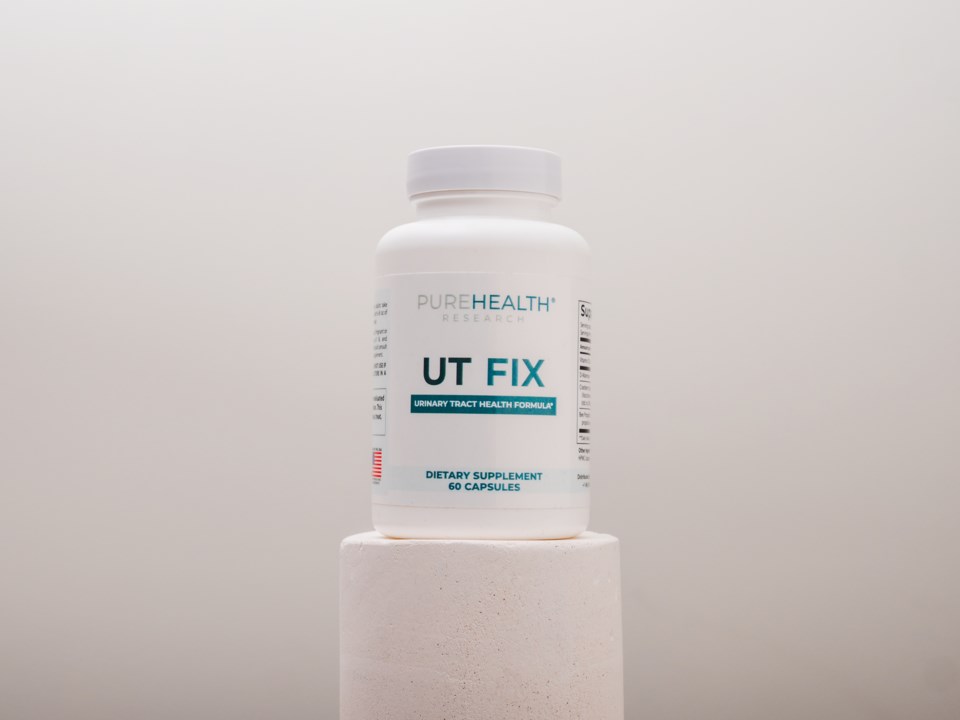When we think about bacteria causing infections, our minds often jump to the usual suspects like E. coli or Staphylococcus. However, recent research has revealed a potential connection between oral bacteria and urinary tract infections (UTIs). While oral health and UTIs may seem unrelated, evidence suggests that the presence of certain oral bacteria can contribute to the development of UTIs. In this blog post, we will delve into the fascinating world of oral bacteria, explore how they can impact urinary health, and discuss preventive measures to maintain a healthy urinary tract, shedding light on the question: Can saliva cause UTI?
Understanding Oral Bacteria:
The human mouth harbors a diverse and intricate ecosystem of microorganisms, including bacteria. While many of these bacteria are harmless or even beneficial, others can lead to oral health issues like tooth decay and gum disease. Among the most prevalent oral bacteria is Streptococcus mutans, which is commonly associated with dental caries, or cavities. However, recent studies have revealed that bacteria originating from the oral cavity can also migrate to other parts of the body, including the urinary tract.
The Link Between Oral Bacteria and UTIs
It is important to note that the connection between oral bacteria and urinary tract infections (UTIs) lies in the ability of certain oral bacteria to enter the bloodstream and subsequently reach the urinary tract. This can occur due to various factors, such as inadequate oral hygiene, dental procedures that disrupt the oral environment, or even routine activities like brushing teeth or chewing food. Once these bacteria find their way into the urinary tract, they can initiate infection and contribute to the development of UTIs.
Researchers have identified specific oral bacteria that are frequently found in patients with UTIs. Notable species include Escherichia coli, Klebsiella pneumoniae, and Proteus mirabilis. These bacteria have the ability to colonize the urinary tract, leading to inflammation and discomfort.
Factors Contributing to the Connection
Several factors contribute to the connection between oral bacteria and UTIs. One significant factor is the presence of dental plaque. Plaque is a sticky biofilm that forms on the teeth, consisting of bacteria, saliva, and food particles. If plaque is not regularly removed through proper oral hygiene practices, such as brushing and flossing, it can accumulate and contribute to gum disease, providing a gateway for bacteria to enter the bloodstream.
Compromised immune function also plays a role in increasing the risk of both oral infections and UTIs. Individuals with weakened immune systems, such as those with diabetes or undergoing chemotherapy, are more susceptible to bacterial infections in general. Consequently, this heightened vulnerability extends to the potential invasion of oral bacteria into the urinary tract.
Additionally, certain lifestyle factors can influence the connection between oral bacteria and UTIs. For example, smoking weakens the immune system and contributes to gum disease, thereby increasing the likelihood of oral bacteria entering the urinary tract. Hormonal changes, such as those occurring during pregnancy or menopause, can also increase the susceptibility to UTIs and potentially exacerbate the impact of oral bacteria. Additionally, the use of certain medications, such as antibiotics, can disrupt the balance of bacteria in the oral cavity, making it easier for pathogenic bacteria to thrive and potentially migrate to other areas of the body, including the urinary tract.
While the link between oral bacteria and UTIs may initially appear surprising, emerging research highlights the significance of oral hygiene for urinary tract health. By adopting preventive measures and paying attention to oral health, individuals can reduce the risk of oral bacteria causing UTIs and promote overall well-being.
Prevention and Oral Hygiene Practices
Maintaining good oral hygiene is crucial for overall health, including urinary tract health. Here are some preventive measures to reduce the risk of UTIs related to oral bacteria:
- Brush and floss regularly: Brush your teeth at least twice a day and floss daily to remove plaque and bacteria from the oral cavity.
- Visit your dentist regularly: Regular dental check-ups and professional cleanings can help identify and address oral health issues before they become problematic.
- Stay hydrated: Drinking plenty of water helps flush out bacteria from the urinary tract, reducing the risk of infection.
- Maintain a healthy diet: A balanced diet that includes fruits, vegetables, and lean proteins can support immune function and oral health.
- Avoid smoking: Smoking weakens the immune system and contributes to gum disease, increasing the risk of oral bacteria entering the urinary tract.
In addition to these measures, incorporating specific dietary supplements can offer further protection and aid in the prevention of UTIs. One such supplement is UT FIX from PureHealth Research, which can be an effective aid in supporting your urinary tract health. UT FIX contains a blend of natural ingredients known for their beneficial effects on urinary health, including D-Mannose, cranberry extracts, and probiotics. These components work synergistically to inhibit the adhesion of bacteria to the urinary tract walls, potentially reducing the incidence of infections and supporting overall urinary tract function.
Conclusion
While the connection between oral bacteria and UTIs may seem unexpected, emerging research indicates that maintaining good oral hygiene is crucial for urinary tract health. The oral-UTI link highlights the importance of a holistic approach to overall well-being, recognizing that different parts of the body are interconnected.
By practicing good oral hygiene, visiting the dentist regularly, and adopting a healthy lifestyle, you can reduce the risk of oral bacteria causing UTIs. Taking care of your oral health not only benefits your teeth and gums but also plays a role in maintaining a healthy urinary tract. Remember, a healthy mouth can lead to a healthier you!




